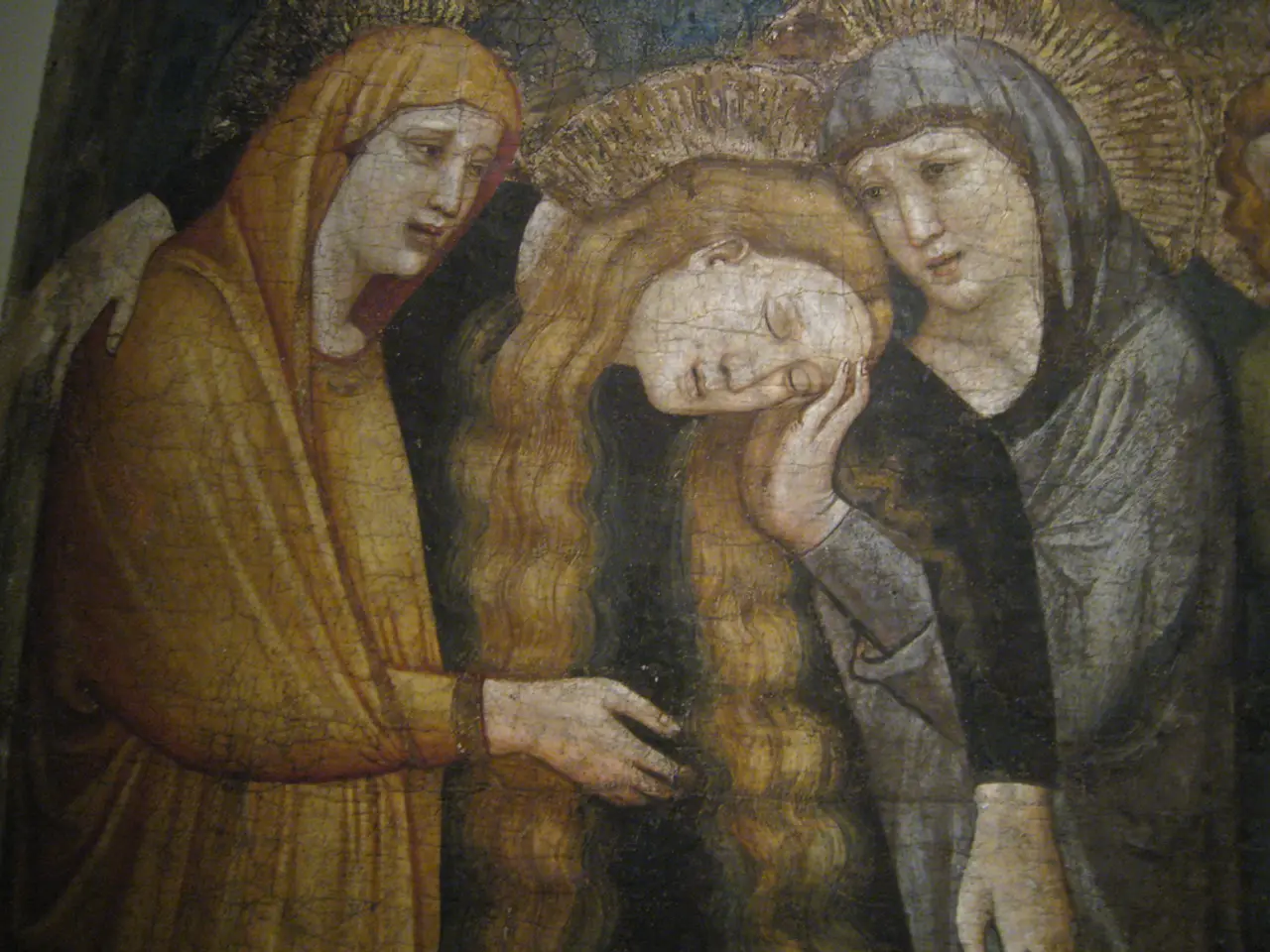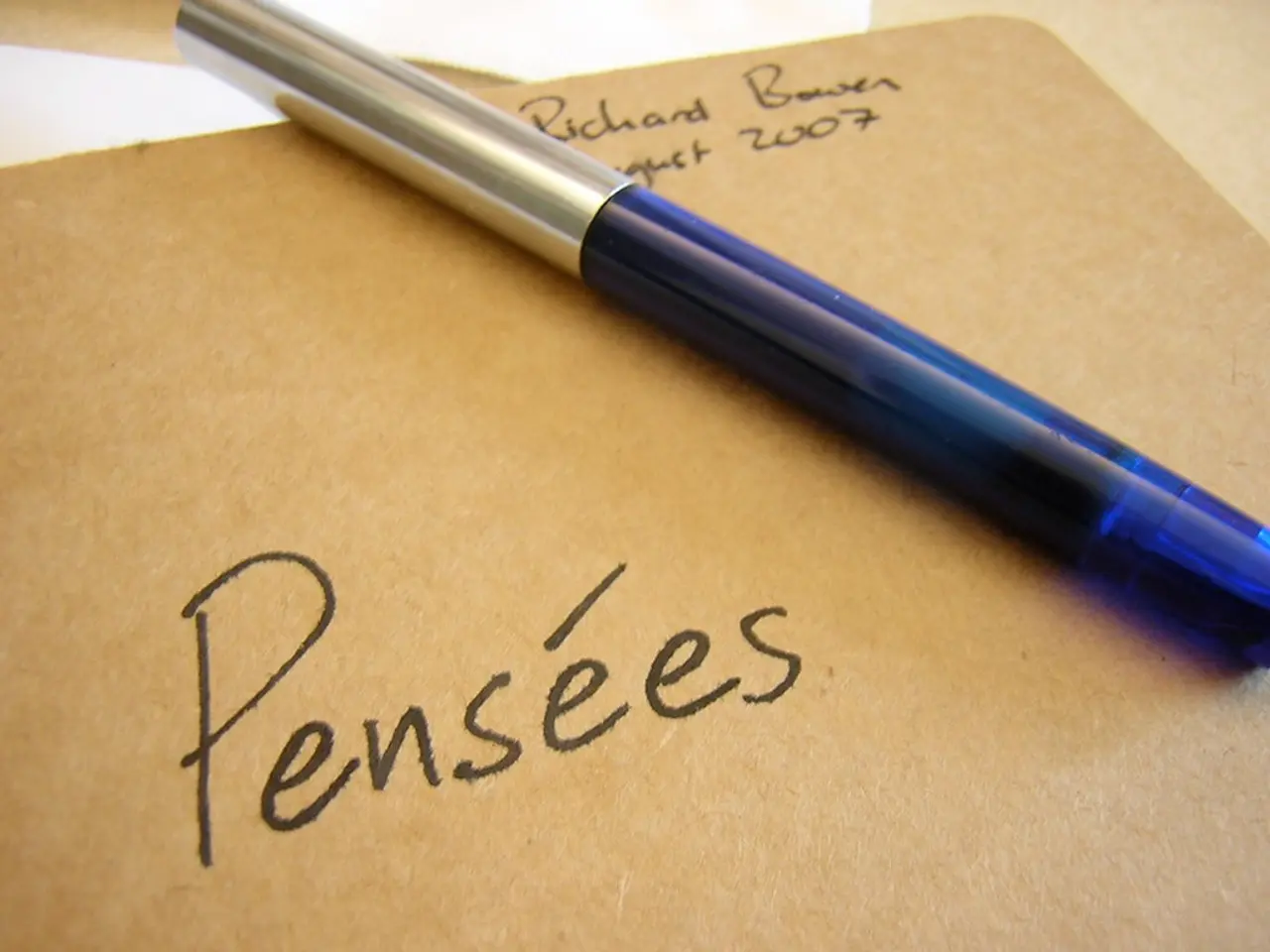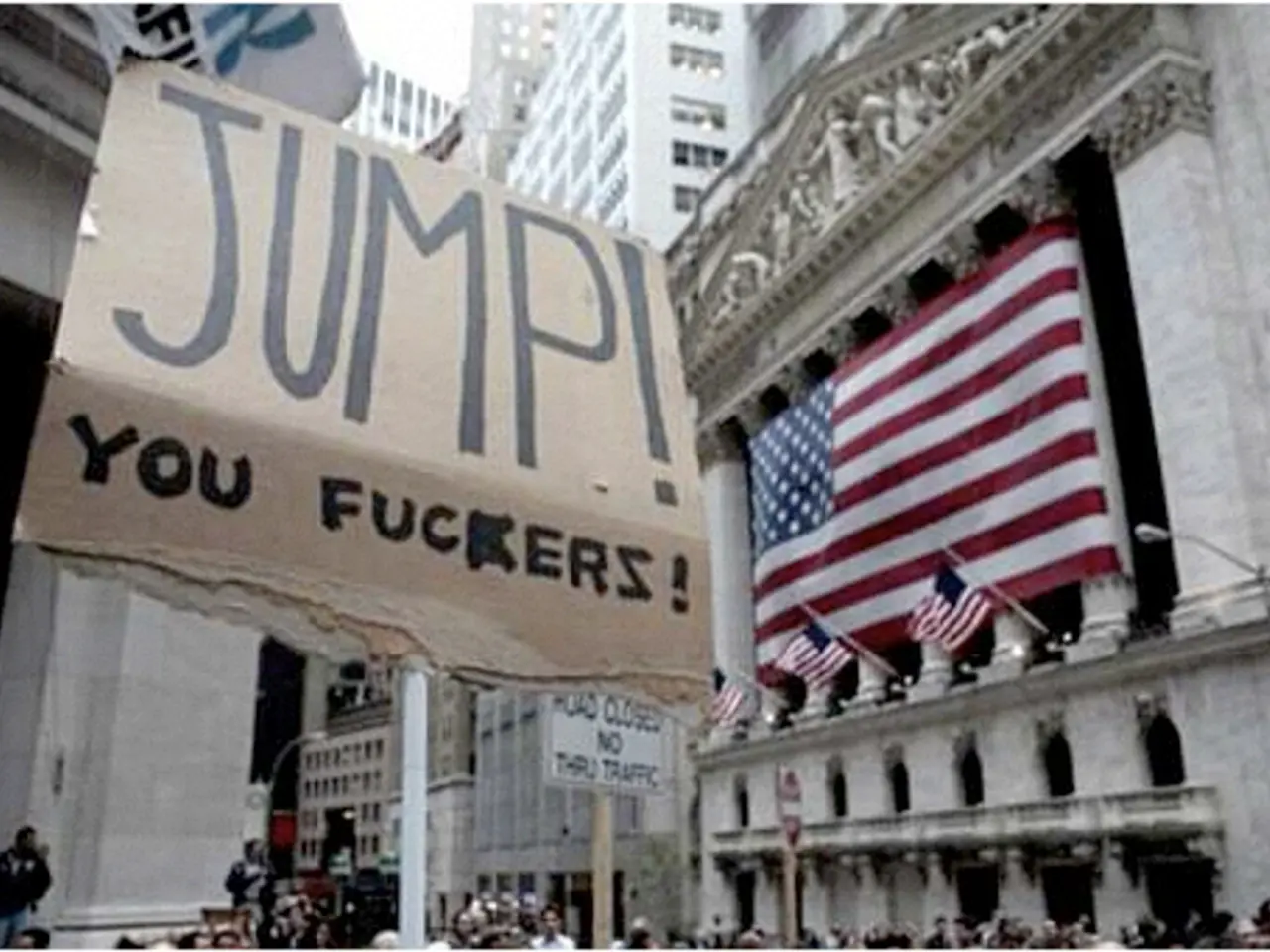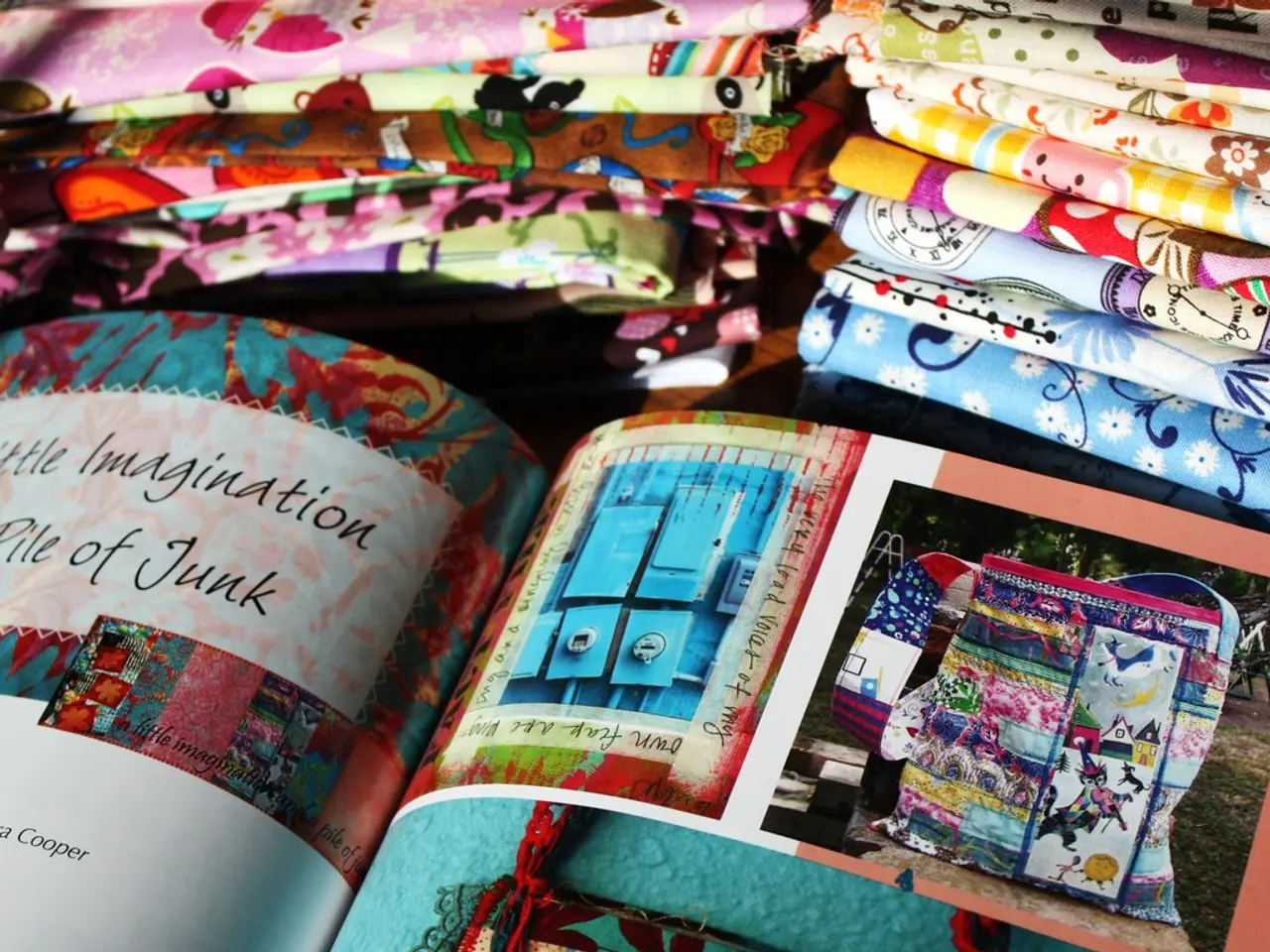Controversy on Art: Should the Artist's Personal Life be Distanced from Their Work?
In the modern world, artists face an unprecedented level of scrutiny due to the widespread reach of social media. This instantaneous exchange of opinions can lead to swift judgments and discussions about the artist's character, shaping public opinion on artists and their work.
The landscape of digital communication has brought about a new era of accessibility, where viral trends and challenges, community support, and backlash all play significant roles in shaping public opinion. Art, whether it be a source of inspiration, challenge, or healing, is a deeply personal experience, and our perspective shapes our enjoyment and appreciation.
The debate on whether to separate an artist's work from their actions is ongoing, with key arguments revolving around the independence of art from the artist's personal life, beliefs, or actions.
On one side, the argument for separation suggests that art should stand on its own merits, to be appreciated regardless of the artist’s behavior. For instance, fans of J.K. Rowling continue to enjoy the Harry Potter franchise despite disagreeing with her controversial views, feeling that they shouldn’t have to give up something they love simply because of the creator's personal actions.
Conversely, the opposing argument holds that art is inseparable from the artist since their personal identity, beliefs, and experiences inform their creations. Artists like Cosey Fanni Tutti, whose work is deeply intertwined with her experiences as a sex worker and pornographic model, illustrate this point. When an artist’s actions contradict their professed values or harm others, it raises ethical concerns about supporting their art, with some arguing that communities should hold such artists accountable by distancing themselves from both the artist and their work.
Additional considerations include questioning who benefits from supporting the artist, whether giving money or attention indirectly supports harmful behavior, and whether it is fair to deprive oneself of the art because of the artist’s misconduct.
The balance between ethical considerations and the intrinsic value of the artwork is a delicate one. Public opinion on an artist's actions can overshadow their creations, with many feeling that if an artist behaves poorly, their work loses value. This sentiment has been reflected in the controversies surrounding works like "The Cosby Show," "Ender's Game," and Michael Jackson's music.
Artists themselves may struggle with the fear of being "canceled," potentially leading to self-censorship and stifled creativity. Cancel culture, a topic of discussion, allows artists to face immediate consequences for their actions or beliefs, but the balance between accountability and understanding is delicate.
Consumers must weigh these factors carefully, considering personal ethics, support, and boycott. Understanding both sides of the art-versus-artist debate enriches our experience and shapes our perspective on art. With the digital age providing a platform for instant reactions and discussions, it is crucial for artists and audiences alike to navigate this landscape thoughtfully and responsibly.
In this digital era, the debate about separating an artist's work from their actions becomes increasingly relevant, especially as books about education-and-self-development or entertainment can be influenced by their creators' personal experiences. For example, a reader might question whether to continue enjoying a self-help book after learning about the author's controversial behavior.
However, the landscape of digital communication also provides opportunities for artists to engage with their audiences and justify their actions, potentially altering public opinion on their work. A controversial artist might use social media to present their side of the story, shifting the focus from their actions to the intrinsic value of their art.




